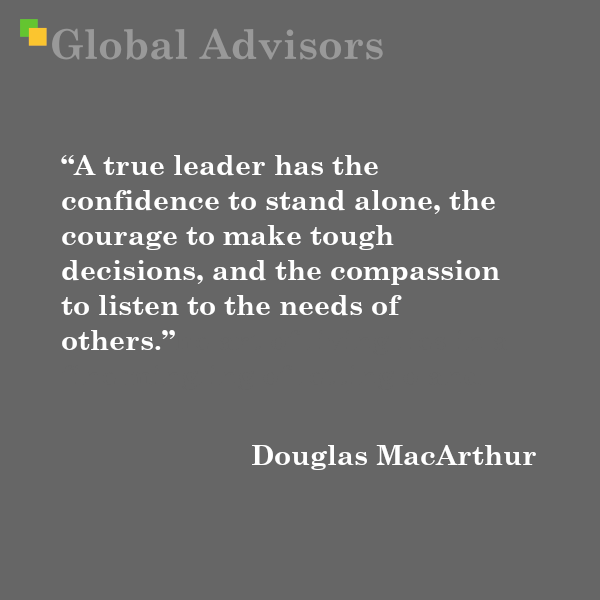“An organisation, no matter how well designed, is only as good as the people who live and work in it.” – Dee Hock
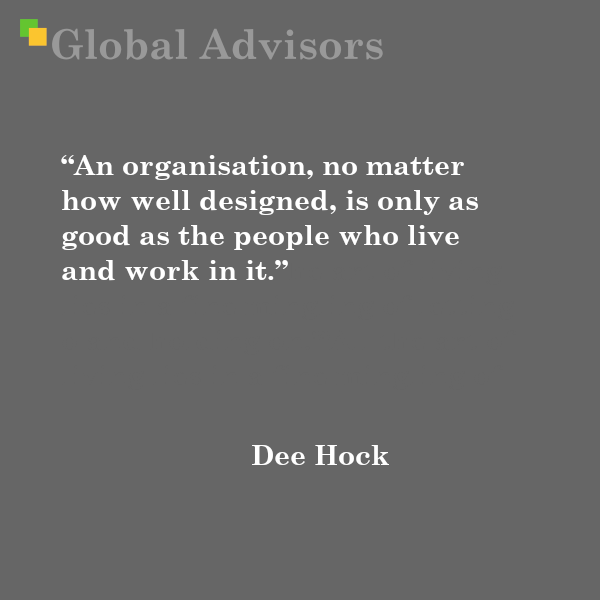
“An organisation, no matter how well designed, is only as good as the people who live and work in it.” – Dee Hock

“The keystone of successful business is cooperation. Friction retards progress.” – James Cash Penney

“Communication – the human connection – is the key to personal and career success.” – Paul J. Meyer
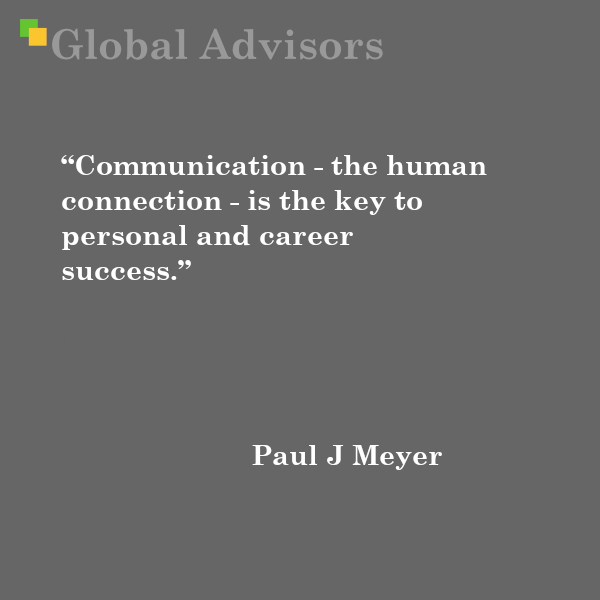
“You may be disappointed if you fail, but you are doomed if you don’t try”. – Beverly Sills
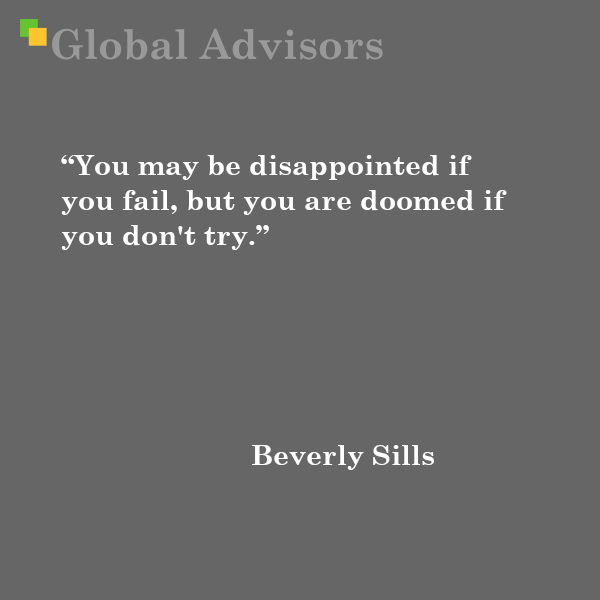
“Innovation is not a destination; it’s a journey.” – Marc Benioff
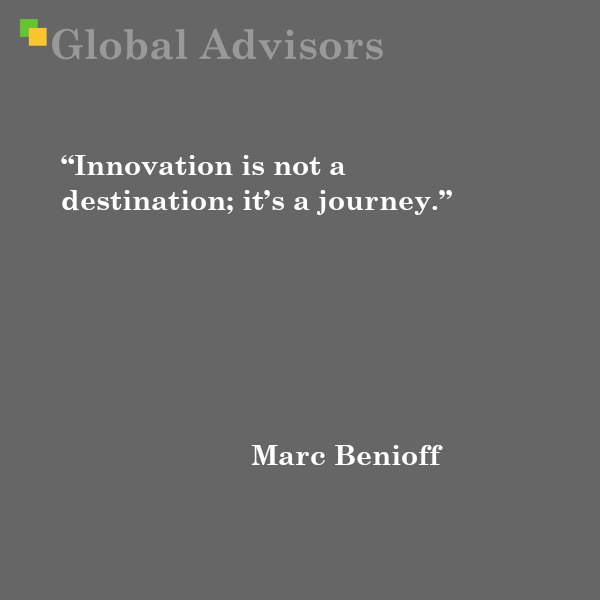
“Lessons in leadership: Own your mistakes, celebrate your successes, and know your strengths.” – Kristen Hadeed

“The goal is to provide inspiring information that moves people to action.” – Guy Kawasaki
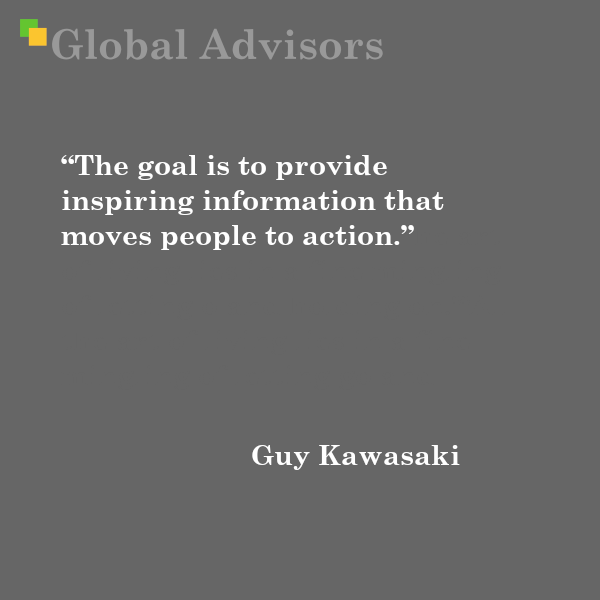
“Leadership is not only a title, it is a conviction to do the right thing and lead by example to those we serve.” – Daisy Gallagher
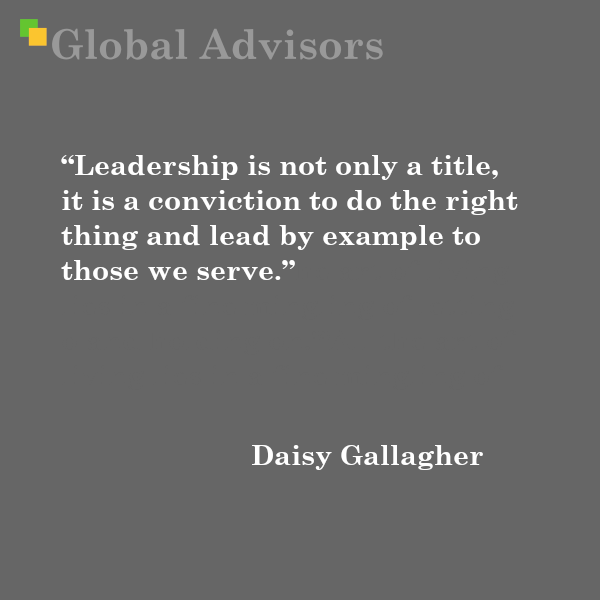
“The only real limitation on your abilities is the level of your desires. If you want it badly enough, there are no limits on what you can achieve. ” – Brian Tracy
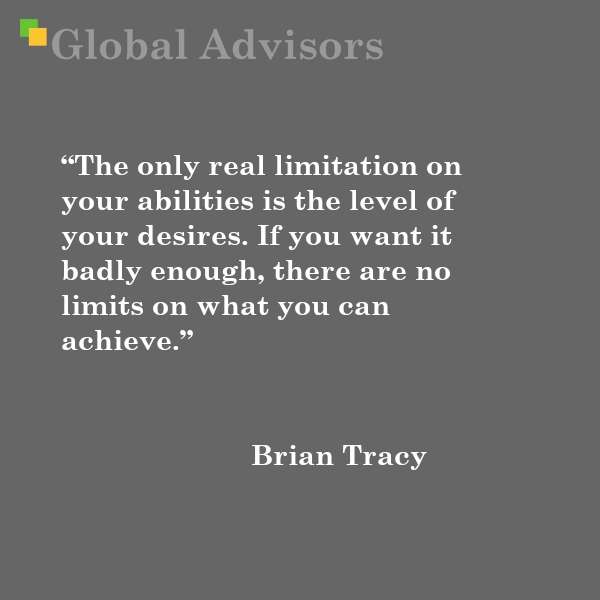
“There is no finish line when it comes to system reliability and availability, and our efforts to improve performance never cease.” – Marc Benioff
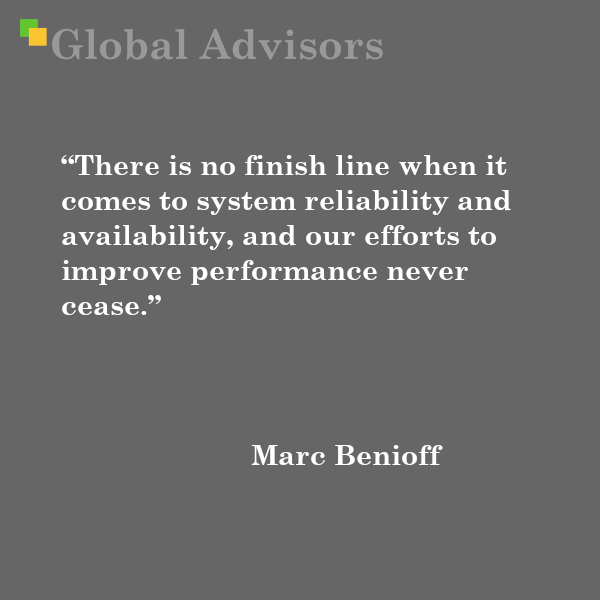
“If you don’t give up, you still have a chance. Giving up is the greatest failure.” – Jack Ma
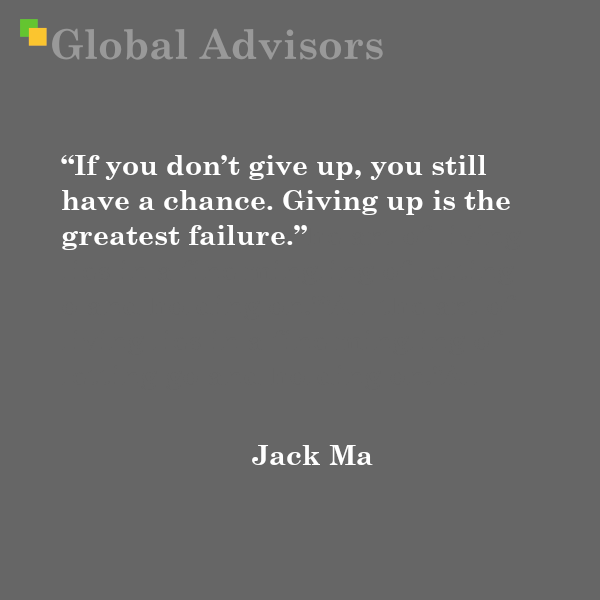
“The more you talk, the less you’ll have to say. The more you listen, the more sensible will be what you say.” – Ralph Nader

“More leaders have been made by accident, circumstance, sheer grit, or will than have been made by all the leadership courses put together.” – Warren Bennis

“A person either hates losing enough to change or he hates changing enough to lose.” – Orrin Woodward
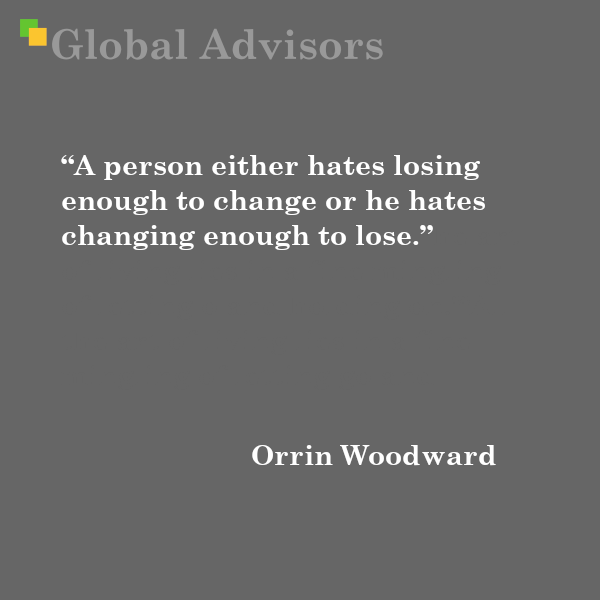
“Life begins at the end of your comfort zone.” – Neale Donald Walsch
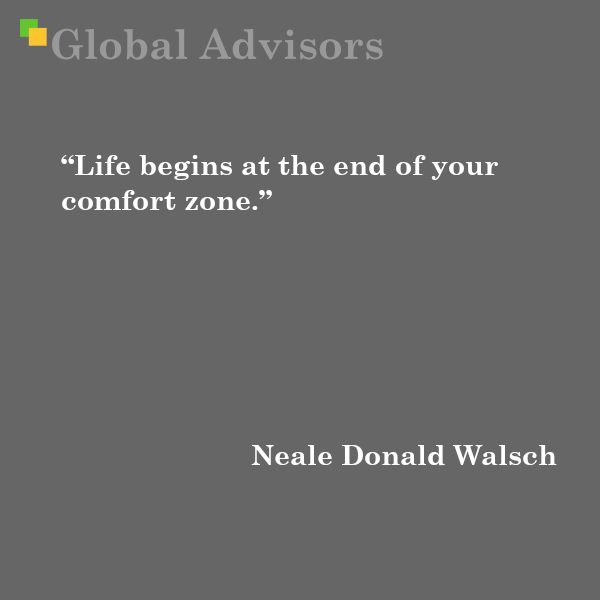
“Intelligence, imagination, and knowledge are essential resources, but only effectiveness converts them into results.” – Peter Drucker

“A leader is someone who demonstrates what’s possible.” – Mark Yarnell
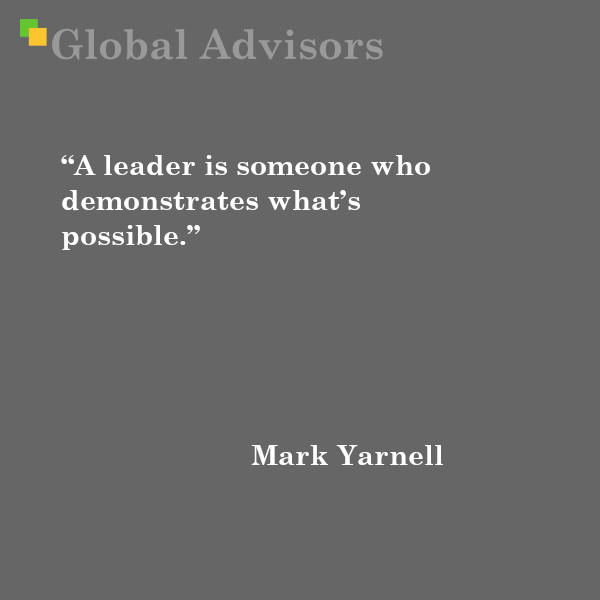
“Authentic leaders do not lead for the sake of validation. They are validated by the impact of their contribution.” – Gift Gugu Mona
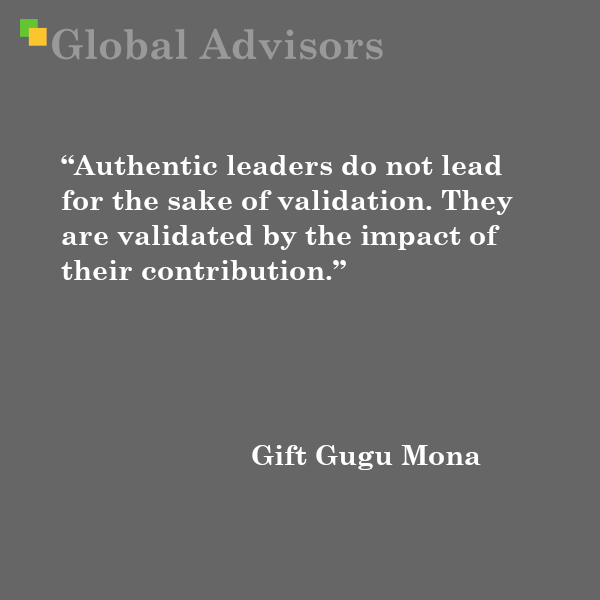
“Great leaders are willing to sacrifice their own personal interests for the good of the team.” – John Wooden

“A true leader has the confidence to stand alone, the courage to make tough decisions, and the compassion to listen to the needs of others.” – Douglas MacArthur
